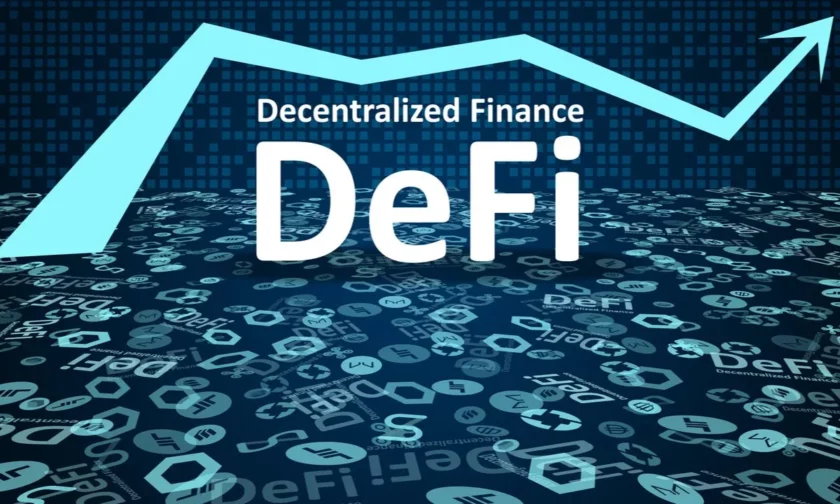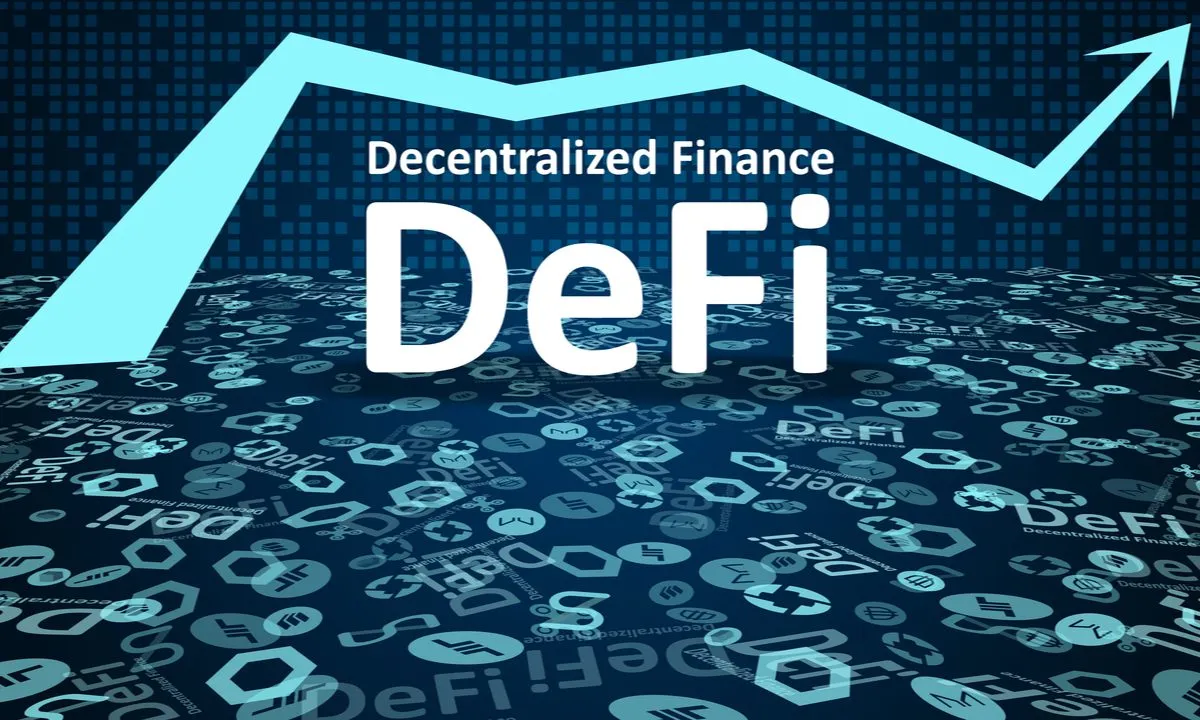Decentralized Finance, commonly known as DeFi, is one of the most significant innovations in the blockchain and cryptocurrency world. DeFi refers to a new financial system built on blockchain technology that operates without central authorities like banks or governments. Instead, it leverages decentralized networks and smart contracts to offer traditional financial services in a more transparent, efficient, and accessible manner. This article provides an easy-to-understand guide to DeFi, explaining what it is, how it works, and why it matters.
What is DeFi?
DeFi stands for Decentralized Finance, a term used to describe financial services that are built on blockchain technology, particularly Ethereum. Unlike traditional finance, which relies on intermediaries like banks and financial institutions to manage and process transactions, DeFi operates without intermediaries. It uses decentralized applications (dApps) and smart contracts to enable users to access financial services directly.
With DeFi, users can borrow, lend, trade, and earn interest on digital assets, all without the need for a traditional financial institution. This peer-to-peer system makes DeFi more accessible, efficient, and transparent than its centralized counterpart.

How Does DeFi Work?
DeFi relies on smart contracts—self-executing contracts with the terms of the agreement directly written into code. These contracts automatically execute transactions when certain conditions are met, removing the need for intermediaries.
Here are the basic building blocks of DeFi:
- Smart Contracts: DeFi applications use smart contracts to automate financial transactions. For example, when you lend cryptocurrency on a DeFi platform, a smart contract ensures you earn interest, and the borrower receives the funds without requiring a third party.
- Decentralized Applications (dApps): DeFi operates through decentralized applications, which run on blockchain networks like Ethereum. These dApps provide users with access to financial services like lending, borrowing, trading, and investing.
- Blockchain Technology: DeFi is built on decentralized blockchain networks. The most popular platform for DeFi is Ethereum, although other blockchains like Binance Smart Chain (BSC) and Solana are gaining traction. Blockchain ensures that transactions are secure, transparent, and immutable.
Key Components of DeFi
DeFi offers a wide range of financial services, similar to those provided by traditional financial institutions. Some of the most popular DeFi applications include:
- Lending and Borrowing: DeFi platforms like Aave and Compound allow users to lend their cryptocurrency and earn interest or borrow funds by providing collateral. All of this happens without a bank.
- Decentralized Exchanges (DEXs): DEXs like Uniswap and PancakeSwap enable users to trade cryptocurrencies directly with one another without needing a centralized exchange. These platforms use liquidity pools, where users contribute to the pool in exchange for earning a share of the transaction fees.
- Stablecoins: Stablecoins are cryptocurrencies pegged to the value of traditional currencies like the US dollar. DeFi platforms often use stablecoins to offer more stability in transactions and lending. Examples include DAI and USDC.
- Yield Farming: Yield farming allows users to earn rewards by staking or lending their crypto assets on DeFi platforms. In return, they receive interest or new tokens, making it a popular way to earn passive income.
- Liquidity Pools: Users can contribute their assets to liquidity pools, which are used to facilitate trading on DEXs. In return, they earn fees and rewards for providing liquidity.
- Insurance: DeFi insurance platforms like Nexus Mutual offer protection against risks such as smart contract failures or market volatility. This helps users safeguard their investments in the DeFi ecosystem.
Benefits of DeFi
DeFi has several key advantages over traditional financial systems:
- Accessibility: DeFi platforms are open to anyone with an internet connection. There are no gatekeepers or minimum requirements, making financial services more accessible, especially for those without access to traditional banking.
- Transparency: All transactions on DeFi platforms are recorded on the blockchain, making them transparent and auditable. Users can see exactly how the system works and verify all activities.
- Decentralization: Since DeFi is built on decentralized networks, there’s no central authority controlling the system. This reduces the risk of censorship, fraud, and corruption.
- Lower Costs: By eliminating intermediaries like banks and brokers, DeFi reduces the cost of transactions. Users typically pay lower fees than they would in traditional financial systems.
- Programmability: Smart contracts can be programmed to execute automatically, making processes like lending, borrowing, and trading faster and more efficient.
Risks of DeFi
While DeFi offers numerous benefits, it also comes with risks:
- Smart Contract Vulnerabilities: Bugs or vulnerabilities in smart contracts can lead to financial losses. Although blockchain is secure, coding errors or exploits can be costly for users.
- Market Volatility: Cryptocurrency markets are highly volatile, and the value of assets in DeFi protocols can fluctuate dramatically, leading to potential losses.
- Regulatory Uncertainty: DeFi operates in a gray area when it comes to regulation. Governments may introduce regulations in the future that could impact DeFi platforms and users.
- Liquidity Risks: While liquidity pools offer rewards, they can also be risky if there is not enough liquidity to support trades, or if the value of the assets in the pool drops significantly.
The Future of DeFi
DeFi is still in its early stages but has shown enormous potential to disrupt the traditional financial system. As more people adopt blockchain technology and understand the benefits of decentralized finance, DeFi could revolutionize how we interact with money.
Developments like layer 2 scaling solutions, cross-chain interoperability, and improved security protocols are expected to make DeFi more scalable, efficient, and user-friendly. With innovation continuing at a rapid pace, DeFi may become a central part of the global financial landscape.
